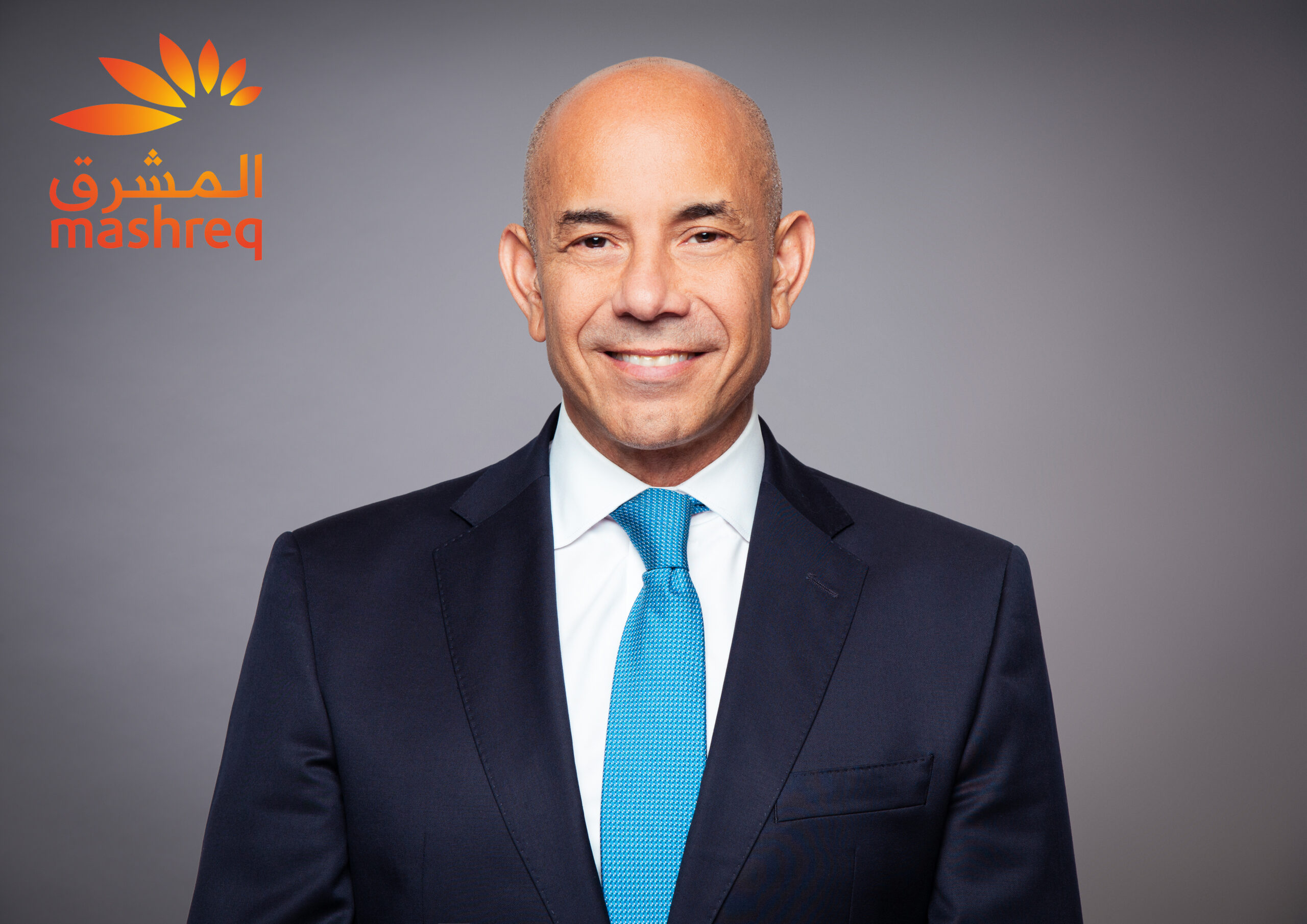Individuals and businesses all over Turkey are feeling the effects of president Recep Tayyip Erdoğan’s monetary policy. The lira has roughly halved against the dollar since the start of the year and inflation continues to rise.
Yet as recently as last weekend, Erdoğan was telling a rally of supporters that he would not compromise on low interest rates and that – “God willing” – it would “not take too long” for the currency to stabilize. And this was despite the Central Bank of the Republic of Turkey (CBRT) having to intervene in the market twice during the previous week due to what it described as “unhealthy price formations in exchange rates”.
If the situation deteriorates and leads to a run on the banks, all bets are off
Victoria Scholar, Interactive Investor

The central bank’s credibility has been shredded by the dismissal of three policymakers and its governor since March. In this context, it is hard to envisage anything other than a further fall in the value of the lira.
Tim Ash, an economist at BlueBay Asset Management, reckons there may not be a floor at all, given that Turkey has an annual current-account deficit of $15 billion to $20 billion and short-term debt falling due of $180 billion, against gross FX reserves of $135 billion.
“If they start intervening to defend the currency, they are spending other people’s money and the net reserve position just deteriorates further,” he observes. “If FX depositors realise the CBRT is spending their money, the risk is that there is a deposit run and then it is game over – a bit like Lebanon.”
For some analysts, the question is not if but at what speed the lira will depreciate, and each misstep is another boost for the sell-off. Ipek Ozkardeskaya, senior analyst at Swissquote, says the market is crying out for a rate rise, given that inflation is poised to move above 20%.
Swap negotiations with major central banks … have been far less successful
Dennis Shen, Scope Ratings

Dennis Shen, lead analyst on Turkey at Scope Ratings, outlines two possible scenarios. Either the currency crisis gets so bad that Erdoğan’s advisers tell him it may cost his party at the ballot box and/or bring the country to a full balance-of-payments crisis, or the central bank goes back on a path of deglobalizing the lira by reintroducing capital controls, limiting access to foreign currency and burning through reserve stocks to defend the currency.
The Turkish government will be reluctant to resort to capital controls because they carry long-term risks – investors tend to turn away from economies that impose such restrictions for a long time, and the risk premium remains elevated for years to come. But Alex Kuptsikevich, senior financial analyst at FxPro, reckons such a move is under consideration.
Victoria Scholar, head of investment at Interactive Investor, says: “The government is suggesting this isn’t a measure it would take again. However, if the situation deteriorates and leads to a run on the banks, all bets are off.”
Turkey is not used to capital controls as a tool to slow down the depreciation of the lira, adds Swissquote’s Ozkardeskaya. “I believe that an emergency rate hike would be more appropriate and probable in the first instance,” she says. “Capital controls would trigger an avalanche of outflows in the longer run and could have terrible consequences.”
Capital controls would trigger an avalanche of outflows … and could have terrible consequences
Ipek Ozkardeskaya, Swissquote

To boost its reserves, Turkey has pursued dollar swap lines with friendly states across Europe, the Middle East and Asia, reaching agreements with the central banks of Qatar and China, and hoping to do likewise with the United Arab Emirates soon.
“However, these swaps are small change relative to the size of the external financing shortfall,” says Ash at BlueBay. “They provide a short-term confidence boost, but are not going to change the underlying story. Turkey needs hundreds of billions in external financing support, not tens.”
Scope’s Shen agrees that this is not a sustainable strategy and one that would increase contingent risks if swaps were not to be rolled over.
“These swap agreements have resulted in reception of less-liquid foreign currencies such as the Qatari riyal,” he adds. “Furthermore, swap negotiations with major central banks such as the Federal Reserve, Bank of England, European Central Bank and Bank of Japan – which could have a more significant signalling effect with respect to international support for the Turkish central bank and re-anchor market confidence – have been far less successful.”
Under Erdoğan, Turkey will exhaust all available financial resources before adopting a more conventional monetary policy, according to David Willacy, FX trader at StoneX.
It is likely [Erdoğan] will remain stubborn in his support for a low interest-rate policy until the last possible moment
David Willacy, StoneX

“It is likely he will remain stubborn in his support for a low interest-rate policy until the last possible moment,” he says. “An early election cannot be ruled out and Turkey could also seek financial support on an international level using its key geographical location as a bargaining chip.”
The government could promise central bank independence, but Steve Sosnick, chief strategist at Interactive Brokers, reckons it is hard to see currency traders taking such a pledge at face value.
“It would require a sustained period of non-interference for them to accept the veracity of such a promise, which is hardly achievable in the short term,” he adds. “I suppose there could be changes to the legal or governmental framework under which the CBRT operates, but I can’t imagine they could or would be implemented quickly.”
Ozkardeskaya suggests Turkey’s best option is to keep the president away from monetary affairs, but also accepts that this is impossible.
“In the past, similar situations have been dealt with through a one-time, sizeable increase in policy rates, followed by months of extra tightening to restore confidence,” she concludes. “This is what I would expect to happen if the sell-off in the lira accelerates further.”




